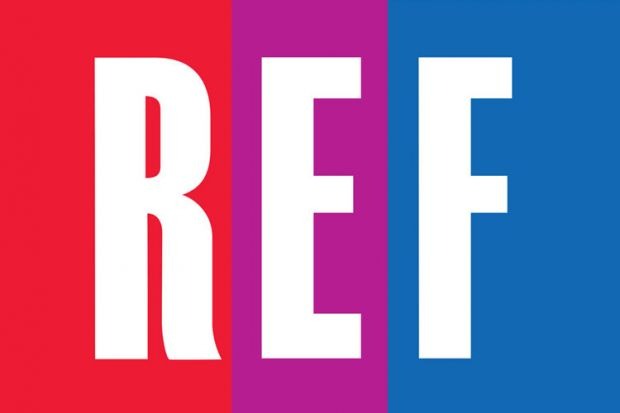Senior academics are most concerned about the effect of the research excellence framework on intellectual freedom, while junior colleagues are more worried about the “impact agenda”, an analysis suggests.
Social scientists Tony Murphy and Daniel Sage reviewed the content of 232 media articles about the exercise, including many in Times Higher Education, published over two years. They concluded that, while it had primarily provoked negative reactions, “different institutions and subject areas have seemingly experienced the REF in different ways”.
The most common concern in pieces written by professors was intellectual freedom, with 17 per cent of their articles focusing on this subject, while lecturers were most likely to express anxiety about impact, emphasising this point in 21 per cent of their contributions.
Writing in the December issue of the Journal of Higher Education Policy and Management, the researchers suggest that senior academics may feel the demands of the impact agenda less keenly than junior colleagues, allowing them to focus on more “traditional” issues.
Mr Murphy, a senior lecturer in criminology at Sheffield Hallam University, and Mr Sage, a postgraduate research student in the University of Stirling’s School of Applied Social Science, also detected variations between disciplines and institutions.
Intellectual freedom was the most common concern in articles written by natural scientists (19 per cent), while social scientists were more fearful about impact and institutional inequalities (both 17 per cent). Impact was also highlighted by arts and humanities scholars (16 per cent).
Researchers from teaching-intensive universities were more likely to express concern about institutional inequality (13 per cent) than those from research-intensive institutions (5 per cent), while for intellectual freedom the figures were 8 per cent and 15 per cent respectively.
“‘Impact’ and ‘institutional in-equalities’ appear to be a higher concern for those in either more junior or less prestigious positions,” the article says. “Simultaneously, those who are more senior, from more prestigious universities or from more traditional disciplines have a disproportionate concern with ‘intellectual freedom’.”
The researchers scored the articles according to their overall positivity about the REF. With 1 as “very positive” and 5 as “very negative”, the mean score was 3.6.
Professors’ contributions scored an average of 4.3, compared with 3.4 for lecturers. Natural scientists were more negative (4.3) than staff in the arts and humanities (4) or social sciences (3.4).
Register to continue
Why register?
- Registration is free and only takes a moment
- Once registered, you can read 3 articles a month
- Sign up for our newsletter
Subscribe
Or subscribe for unlimited access to:
- Unlimited access to news, views, insights & reviews
- Digital editions
- Digital access to THE’s university and college rankings analysis
Already registered or a current subscriber? Login





